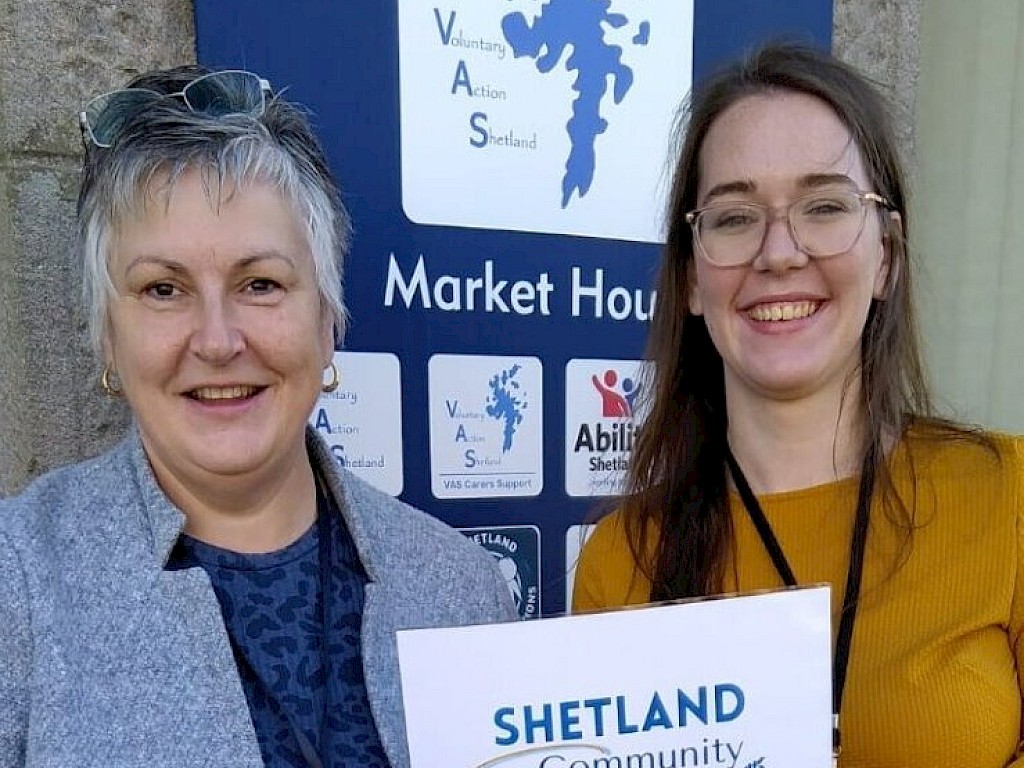You can volunteer as much time as you like. Volunteering opportunities take place at a variety of times, some are set times and some may be flexible. They can be for as little as an hour a month or less up to volunteering every day. They can last for short periods of time or can be on-going. You can also volunteer at one-of-events. Volunteering can occur at any time, day or night and on any day of the week.
Some opportunities require a time commitment, such as befriending – where you are given training and matched with a vulnerable person. You need time to build up a trust with the individual.













